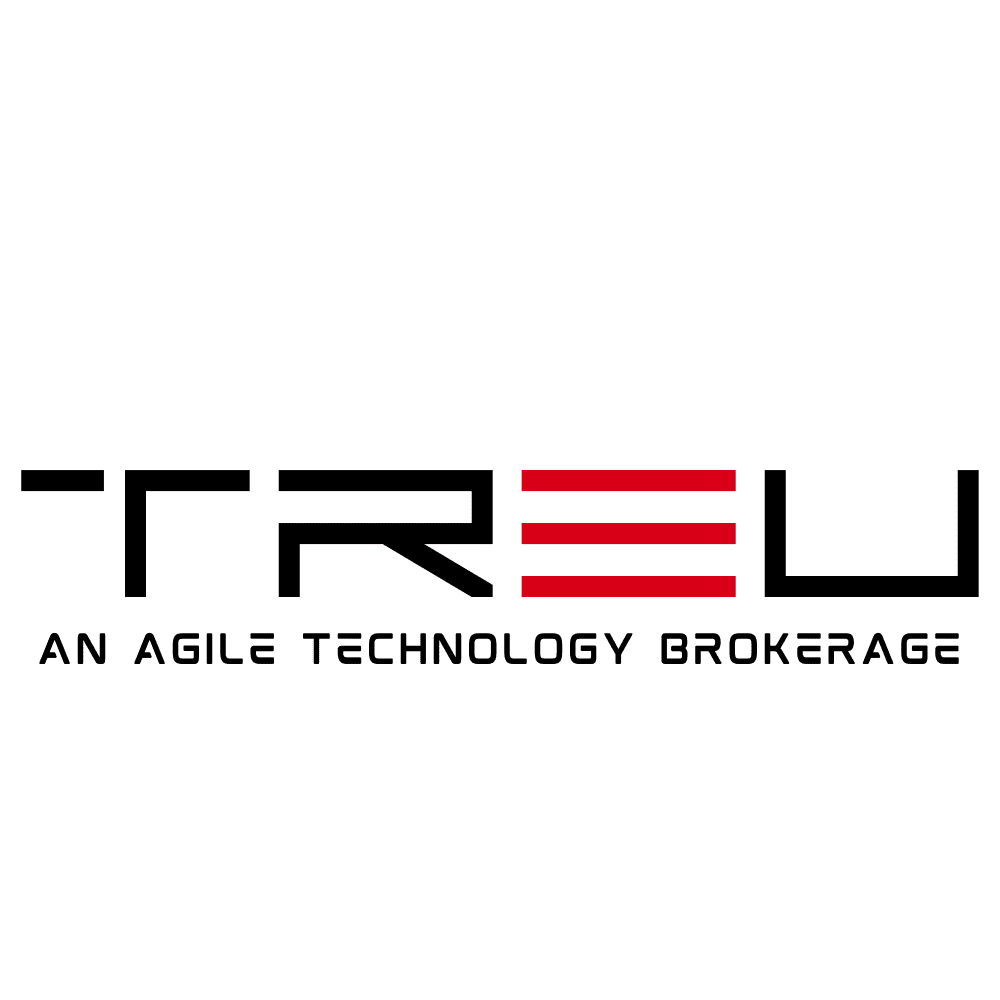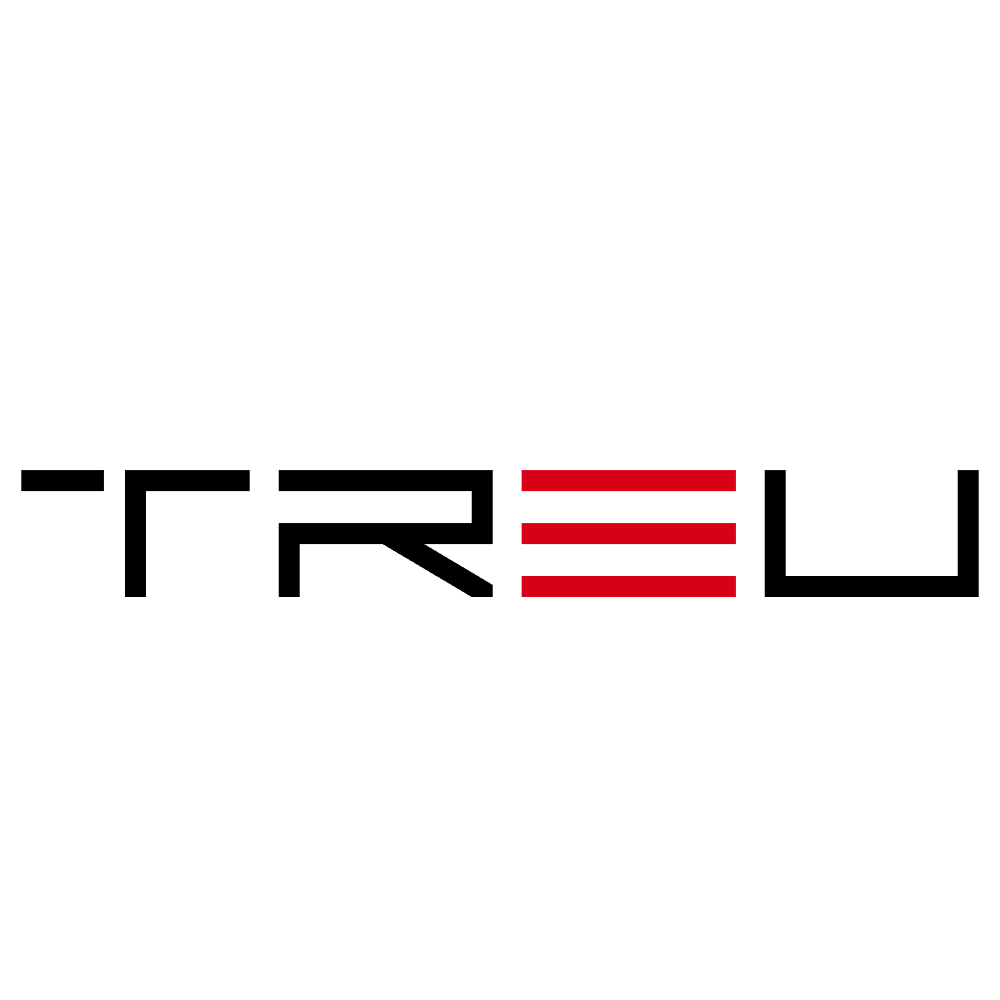How Generative AI is Revolutionizing B2B Marketing and Sales Roles
In the rapidly evolving landscape of B2B marketing, identifying trends and leveraging emerging technologies are crucial for staying ahead. One such game-changer is generative AI, which is transforming traditional buyer-seller dynamics and overhauling the ways businesses approach marketing and sales. Far from being just a buzzword, **generative AI** helps companies foster highly personalized buyer journeys, improve lead generation, and streamline routine tasks. Let’s dive deeper into how this innovative technology is reshaping the landscape of B2B marketing and sales.
B2B Marketing Before Generative AI: The Challenges
In the pre-generative AI era, **B2B marketing** faced several inherent challenges:
1. Personalization Struggles:
Achieving personalization in B2B marketing meant pouring through vast amounts of data manually to create segmented marketing campaigns. This process was time-consuming and often inefficient, leading to generic content that failed to resonate with specific buyers.
2. Lengthy Sales Cycles:
B2B sales involve multiple stakeholders, which often extended sales cycles. Sales teams needed quick access to tailored resources to nurture prospects, but this was difficult to achieve without automation.
3. Data Overload:
Marketers were consistently overwhelmed by the amount of data they had to analyze. Even with basic automation tools, making sense of complex buyer journeys proved difficult, which led to poorly informed marketing decisions.
While automation brought some relief, it wasn’t enough to transform marketing at scale—until now.
The Growing Role of Generative AI in B2B Marketing
**Generative AI** is changing the tide by understanding patterns, creating content, and automating decision-making based on complex datasets. Its power lies in its ability to democratize data-driven insights and intelligent personalization. Here’s how it’s impacting B2B marketing:
1. Hyper-Personalization and Buyer Insights
Gone are the days of generic email campaigns. With **generative AI**, businesses can construct highly customized **buyer personas** based on behavioral data and generate tailored marketing assets that speak directly to individual prospects.
AI tools like GPT-based models can quickly:
This level of hyper-personalization allows marketers to engage prospects on a one-to-one level, dramatically increasing the chances of conversion.
2. Streamlining Content Creation
Content creation is the backbone of B2B marketing. Whether it’s white papers, industry reports, or blog posts, marketers constantly need fresh, insightful content that resonates with their audience. **Generative AI** can drastically cut down the time it takes to create content, while maintaining high quality.
For instance, AI can deliver:
By automating these tasks, marketers can shift their focus to developing creative strategies and stronger relationships with prospects.
3. Predictive Analytics for Better Targeting
In B2B marketing, sophisticated **predictive analytics** powered by AI is now accessible even to smaller companies that can’t afford a dedicated data science team. Generative AI tools help to analyze detailed data about customers’ prior behaviors and predict future actions.
These predictive models enable marketers to:
Predictive analytics brings critical improvements to campaign efficiency, helping marketing teams adjust tactics in real time and target the right leads at the right time.
Transforming Seller Roles: From Routine to Relationship-Focused
In addition to its profound impact on marketing, **generative AI** is restructuring how sales teams operate. The newfound ability to automate repetitive tasks and surface insights allows sales professionals to concentrate on what they do best: building relationships and closing deals.
1. Automating Administrative Tasks
Sales professionals spend a significant portion of their time on administrative work, ranging from reporting to CRM updates. **Generative AI** enables the automation of these repetitive tasks, freeing up valuable time. Tools can:
This allows sales reps to eliminate clutter and maintain focus on high-priority tasks, such as engaging with key decision-makers and providing tailored solutions.
2. Smarter Lead Scoring and Qualification
Sales teams thrive when they can prioritize the most promising leads, but traditional lead scoring systems often lack nuance and depth. **Generative AI** brings a new level of sophistication to lead qualification through:
The universally accessible insights make lead engagement strategies far more precise, reducing wasted efforts and time.
3. Drafting Proposals and Pitches
Salespeople may spend hours customizing proposals or pitch decks for potential clients. Here’s where **generative AI** further sweeps in to assist. Advanced tools can quickly draft initial proposal templates, including market stats or ROI projections from existing data.
This not only saves time but also ensures that the content provided to the lead is data-driven and compelling.
The Synergy of Marketing and Sales: Creating a Unified Approach
Traditional B2B marketing and sales operations often work in silos, leading to inefficiencies and misalignment. **Generative AI** allows for greater integration between the two, ensuring both teams have access to real-time insights throughout the buyer’s journey. By connecting marketing performance data directly with sales activity, **AI-driven solutions foster collaboration** like never before.
Key benefits include:
The Future of B2B Marketing and Sales with Generative AI
The momentum of **generative AI** in the B2B marketing and sales realm is just beginning. As the technology continues to evolve, expect even deeper integrations with CRM systems, more refined personalization at scale, and better decision-making at every stage of the buyer’s journey. Companies that embrace generative AI today stand to gain a significant competitive advantage in the near term, while those that hesitate may quickly be left behind.
Ultimately, generative AI is revolutionizing how B2B teams engage with their audiences, enabling organizations to create more meaningful, data-centric, and effective marketing and sales strategies.
In an increasingly crowded B2B marketplace, the ability to stand out—by being quicker, smarter, and more personal—is invaluable. Could generative AI be the key to unlocking your company’s next phase of growth? The answer seems clear.
—
By integrating **generative AI** into your marketing and sales efforts, you’re not just adopting a tool—you’re fundamentally transforming how your business engages with the modern B2B buyer. Preparing for this revolution today is essential for future-proofing your processes, strategies, and, ultimately, your success.

